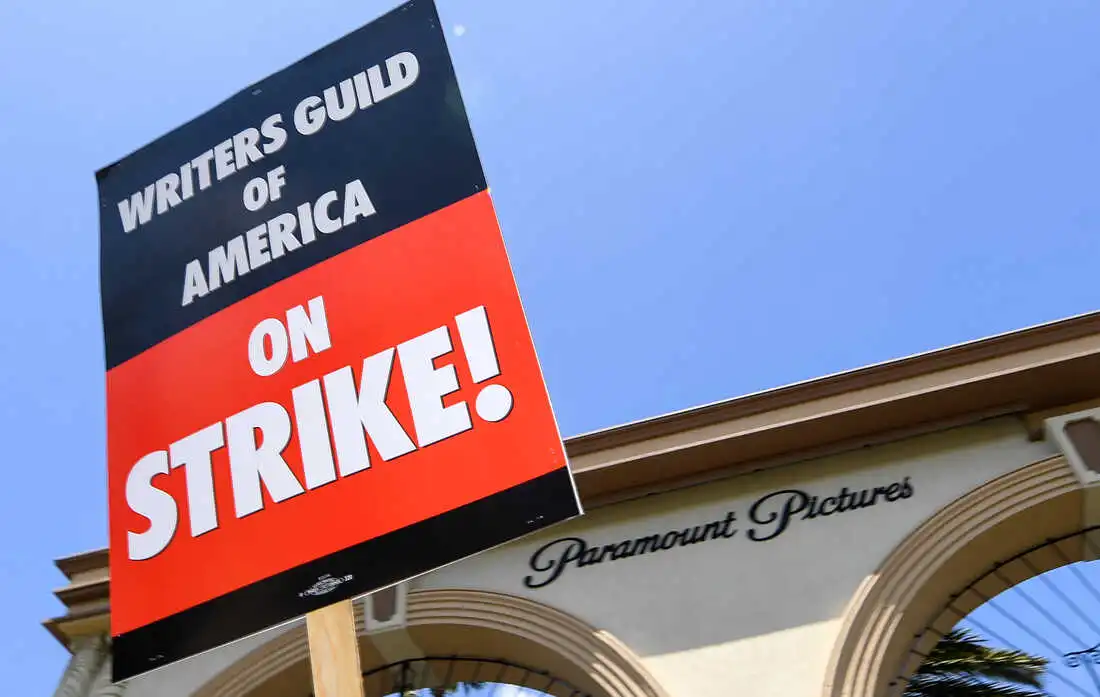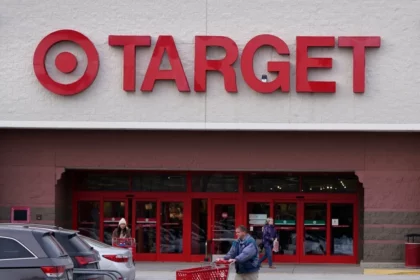On Sunday, Striking writers whose industrial move has carried Hollywood to a halt said they had reached a deal with studios that could see them go back to their work.
In a letter from the Writers Guild of America, sent to members, “We have reached a tentative agreement on a new 2023 (minimum basic agreement), which is to say an agreement in principle on all deal points, subject to drafting final contract language.”
The letter added, “We can say, with great pride, that this deal is exceptional — with meaningful gains and protections for writers in every sector of the membership.”
The letter, which AFP has got, provided no details on the deal. It said language was being ironed out and that the final say would be provided to the membership.
It said, “To be clear, no one is to return to work until specifically authorized to by the Guild. We are still on strike until then. But we are, as of today, suspending WGA picketing.”
Thousands of film and television writers halted their pens in early May over demands including better pay for writers, significant rewards for making hit shows, and safety from artificial intelligence.
For months, they have manned picket lines outside offices including Netflix and Disney, and — after they were joined by striking actors in mid-July — have carried the US entertainment industry to a costly halt.
Negotiations had been halted for weeks until a new insight of haste seemed to have been injected into the process in the previous few days, with the heads of Netflix, Disney, Universal, and Warner Bros Discovery personally attending the discussions.
Among their demands, writers say their pay has not held up with inflation, and that the height of streaming has reduced the “residuals” they make when a show they work on becomes a smash hit.
Studios have presented significant transparency in streaming audience numbers while preventing briefs from offering to revise the way residual payments are calculated.
Writers have also urged restriction on the use of AI, which they worry could be operated to partially replace them in making future films or show scripts, and therefore further undercut their pay.
The WGA strike is quite longer than the writers’ 2007-08 strike — which lasted 100 days and cost the California economy $2.1 billion.
Even if the writers’ agreement is finalized, the actors’ walkout would continue.
There have been no known agreement discussions between the studios and the actors’ 160,000-strong SAG-AFTRA guild since that walkout began.
But the two unions share many similar demands, and inside sources say that a WGA deal could assist in halting the way for a resolution to the actors’ walkout.




